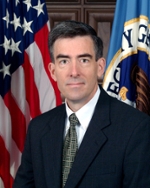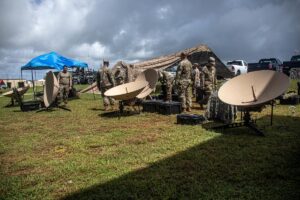
President Joe Biden’s nominee to be his top advisor on cybersecurity issues last week said the role of the National Cyber Director (NCD) is to strengthen existing cybersecurity efforts through better coordination. “And my own view of the National Cyber Director is that while we can point to many threads that are quite strong within our private and public sector, strengths in technology, strengths in our professional development of people, strengths even in emerging doctrine, what’s missing is the fabric…

 By
By 










